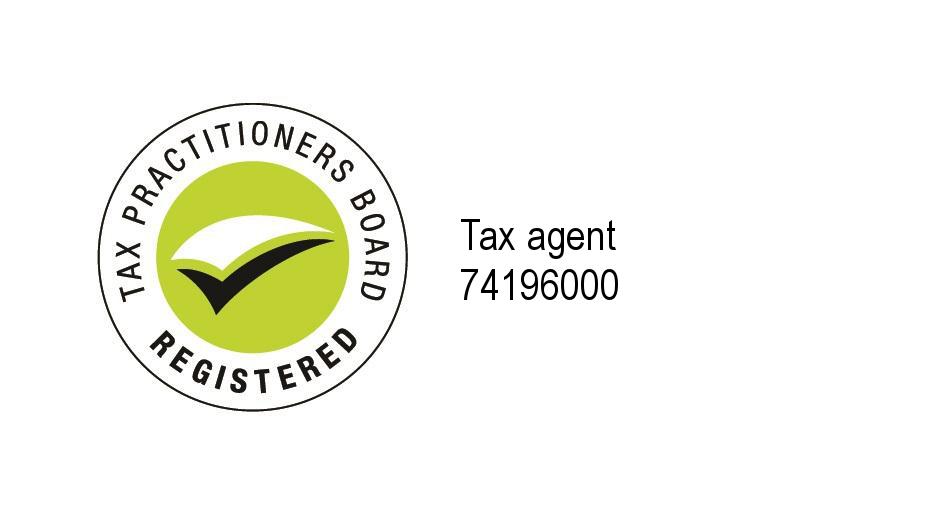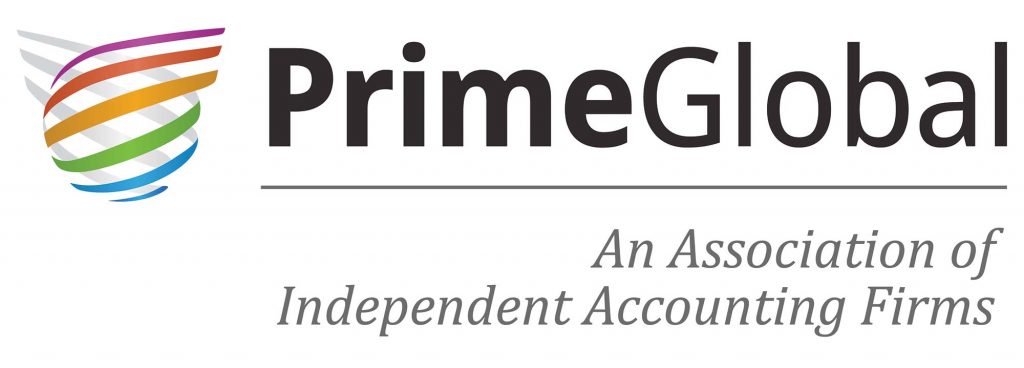On 16 October 2019 the High Court handed down its decision on the Commissioner of Taxation v Sharpcan Pty Ltd [2019] HCA 36. This judgement, which is on one of the few modern revenue v. capital cases to make it all the way to the High Court, has the capacity to assist taxpayers and advisers with regard to the income v. capital distinction, but may also bring up new areas to consider.
Without providing a detailed summary of the case, readers may recall that the case was concerned with the income tax treatment of a number of gaming machine entitlements (‘GMEs’) bought at auction by the operator (a trust) of a hotel in regional Victoria (Sharpcan was a beneficiary of this operator, and so it was the taxpayer affected in terms of tax payable). The need to purchase GMEs arose due to the Victorian State Government changing in the way Victorian hotels, clubs etc. provided poker machine gambling facilities (the change ended the duopoly held by Tattersalls and Tabcorp). The State Government replaced the old licensing arrangements through the creation of GMEs with a ten year duration. From 2012, hotel operators etc. who wished to provide poker machines to the public needed to acquire a GME for each machine. The operator purchased 18 GMEs at the auction held in 2009 so that customers of the hotel would still have poker machines available to them following the rule change. The Victorian State Government has since held a further auction for GMEs which provide an entitlement relating to a ten year period starting in 2022. Further GMEs may be sold for future periods.
The operator sought to claim an outright deduction in the 2012 income year for the amount paid to purchase the GMEs. Alternatively the operator sought to claim the purchase price over five years (beginning in the 2012 income year) under section 40-880. As the Commissioner did not agree with this treatment, the matter went to the AAT and on to various appeals.
The decisions by both the AAT and the Full Federal Court (by a majority of 2:1, with Thawley J dissenting) were that the expenditure was of a revenue nature and so allowed a full deduction for the purchase cost.
However, upon appeal to the High Court, the five High Court judges unanimously held that the purchase of the GMEs was on capital account and, therefore, not deductible.
In its decision, the High Court quoted with approval the dissenting Full Federal Court judgement by Thawley J who said that the acquisition of the GMEs “… was not an expenditure which would need to be repeated over and again as a necessity of trade…”, and also held that the GMEs were a separate asset (and thus not eligible for a deduction over five years under section 40-880).
Whilst it is clear that the GMEs provided benefits for ten years and that is a significant period of time, there is clearly a contrary argument that there is a necessity to incur repeat expenditure for the right to operate a poker machine to continue. It should be noted that the High Court was not asked to consider what period would be short enough to conclude that expenditure of this nature could be classified as revenue in nature, rather than capital; it is likely to refuse to do so, as this is not a question of law. It can only be asked to decide the outcome for the facts presented to it. The High Court was perhaps seeking to highlight the real underlying question when it indicated that the test perhaps should be whether one is acquiring ownership of an asset, or merely a right of use of the asset (as occurred in the Citylink case where the payments made by the taxpayer were found to be deductible).
The outcome of this case raises a number of interesting issues and consequences for taxpayers, from both commercial and taxation perspectives.
The primary commercial consequence of this decision is that it will impact the price hoteliers etc. will be willing to pay for GMEs (and potentially for other types of Government licences) in the future; a result that seems at odds to the outcome being sought by the Victorian Government. This raises a query regarding whether State Governments should/could consider the likely income tax implications for the buyers in such arrangements and structure their transactions in a way that more clearly allows a deduction to be available.
The next aspect is the consequence of the decision for affected taxpayers. The outcome is that taxpayers who bought GMEs in 2009 have acquired a capital asset which will cease to exist in 2022. Whilst one might think that a capital loss equal to the GME’s purchase price will arise when the GME ceases to exist, the GMEs are a statutory licence for CGT purposes, so the specific roll-over rules regarding statutory licences would apply. Specifically, if the same number of GMEs are acquired then no capital loss will arise; if a lesser number of GMEs are acquired then a capital loss will on the GMEs which are not renewed. It will fall on taxpayers and their accountants to track this. Additionally, GMEs rolled over in this way will, over time, accumulate significant cost bases.
This then leads into the impact on any sale of the overall business. As the High Court has found that the GMEs are assets in their own right then consideration of the apportionment of sale proceeds to these assets will be required when a business is sold, as well as to the impact on the allocation of proceeds to goodwill. Taxpayers may also be keen to know whether the GMEs are active assets as well.
The third aspect of interest will be to see whether the Commissioner seeks to use this decision to restrict deductions in other areas. The GMEs were necessary to allow a taxpayer to offer gaming services, and so could be seen to be a preliminary acquisition which allowed the business to operate. The decision might be applied by the ATO to other assets which are required to be held in order to conduct some or all of a business. An example close to home would be the fee paid to be a registered tax agent. Without it an accounting firm cannot legally charge a fee to prepare and lodge tax returns, give advice etc. So there is a superficial similarity; however as a tax agent registration is not able to be sold, the similarity is partial only. Time will tell whether and in what way the Commissioner seeks to extend the application of this judgement.
The final aspect considered in this article is what would need to be done if there was a will to change the outcome. There is no appeal available from a High Court decision, and so any change would need to come from either the Victorian Government changing the bundle of legal rights which constitute a GME so it is more like a recurring usage fee for a right to own and operate a poker machine, or the Federal Government changes the Tax Act. Such a change would be quite simple, as there already is a regime where capital assets which reduce in value over time give rise to a deduction – the depreciation rules.
This article provides a general summary of the subject covered and cannot be relied upon in relation to any specific instance. Webb Martin Consulting Pty Ltd and any person connected with its production disclaim any liability in connection with any use. It is not intended to be, nor should it be relied upon as, a substitute for professional advice.



